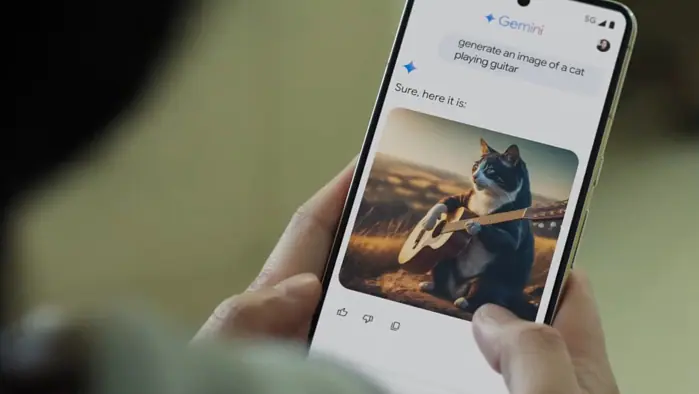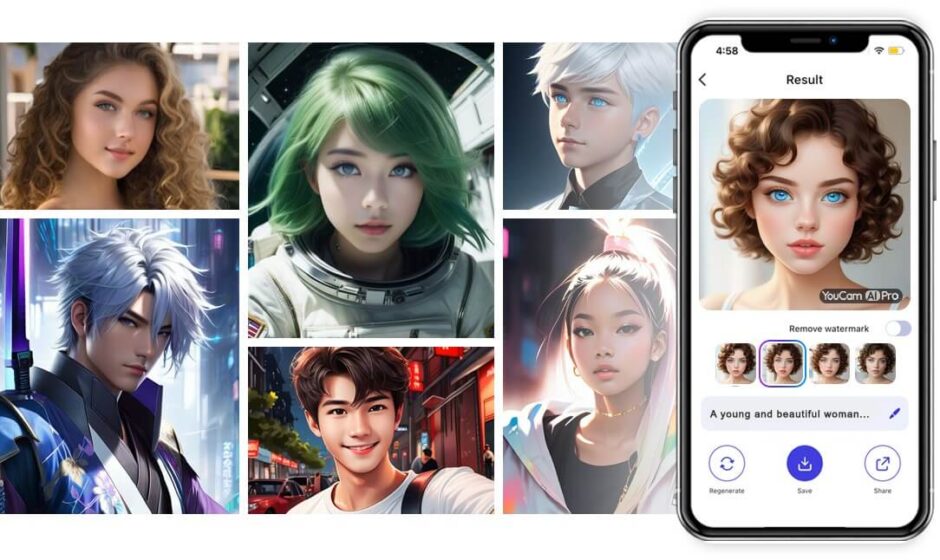- Tech giants, including Google, joined C2PA to tackle image authenticity issues.
- Google will use C2PA to verify image origins in Search, Ads, and YouTube. A
- doption challenges remain due to limited camera and software support.

A while ago, tech giants like Google, Microsoft, Adobe, and more joined the Coalition for Content Provenance and Authenticity (C2PA)—an important effort in the wake of the AI race where image generator gets more and more real.
Now, Google is set to introduce a new feature to help you draw a line between real and manipulated images in its search results. The search engine giant recently shared an update of it, saying that the feature will use C2PA’s standard that tracks the origin and editing history of images.
Google said that it’s incorporating the standard into its products “in the coming months,” including Search, Ads, and YouTube. You can see it in the “About the image” section when searching on Google Images, Lens on Chrome, and even Circle to Search on Android phones.
The latest C2PA standard, Content Credentials 2.1, introduces stricter security measures to protect content data from tampering. Still, there may be challenges in the widespread adoption of the C2PA standard, as only a few camera brands and software apps currently support the credentials.
“For example, if the data shows an image was taken by a specific camera model, the trust list (which Google helped contribute for C2PA 2.1—red) helps validate that this piece of information is accurate,” the company’s VP, Laurie Richardson, explains how it works.
Richardson says that while there’s no one-size-fits-all solution, industry collaboration is essential as establishing such provenance is complex and varies by product. “We’re also encouraging more services and hardware providers to consider adopting the C2PA’s Content Credentials,” she says.




